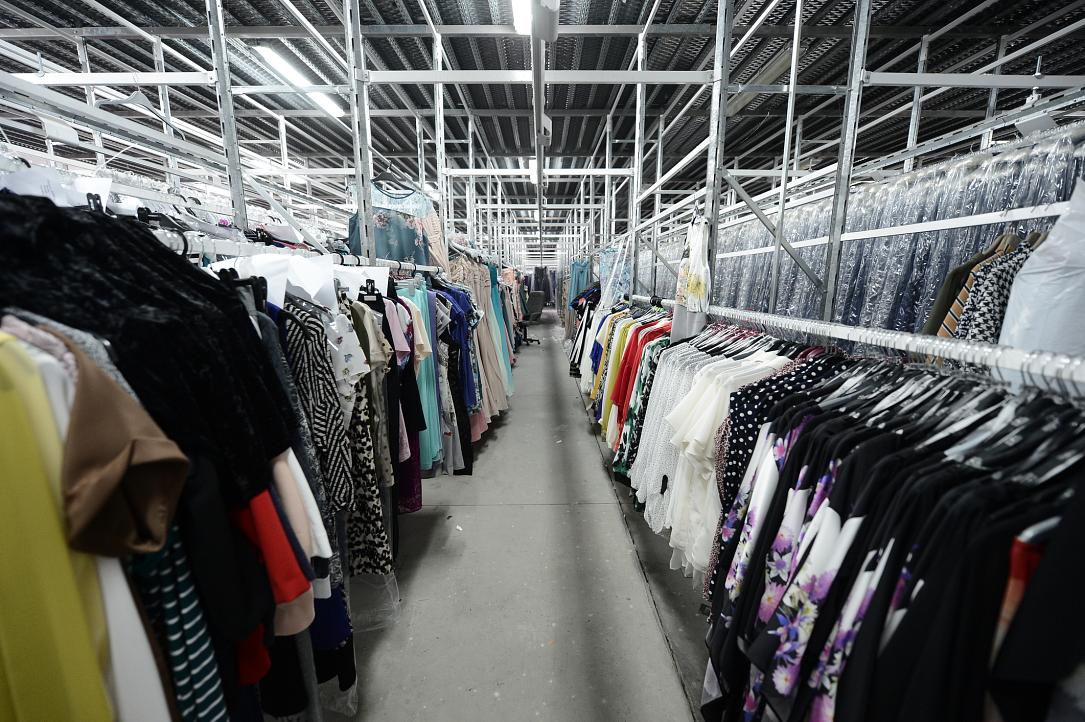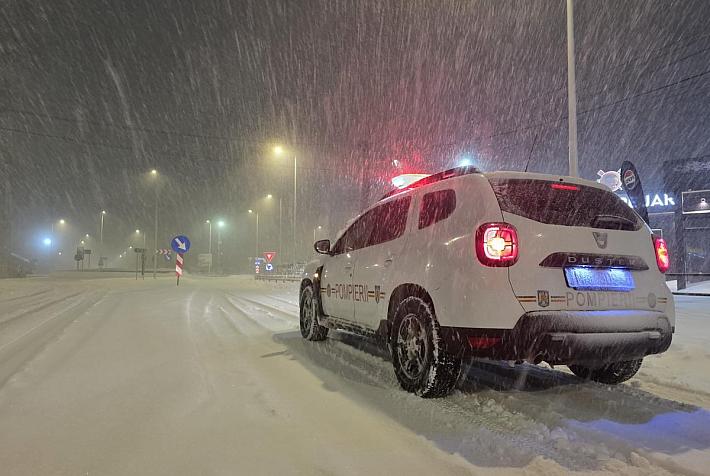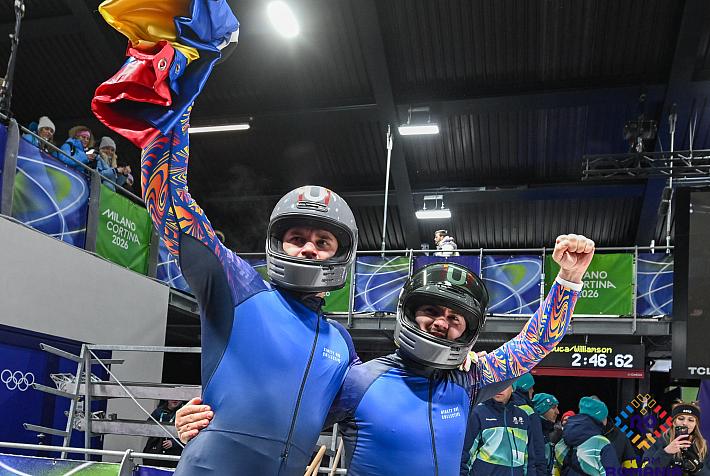Romania to make clothing importers, producers responsible for the costs of managing sector waste

Romania’s Extended Producer Responsibility mechanism is set to come into effect from January 1, 2025, making importers or producers of clothing responsible for the costs of managing the respective waste.
Environment minister Mircea Fechet said these producers will have to manage textile waste just like producers in the beverages sector.
“From January 1, another mechanism will come into effect - or very soon, at least - the Extended Producer Responsibility mechanism. In other words, just as it happens with producers of beverages who market products packaged in PET, glass, or aluminum, the importers or producers of clothing will also be responsible for the costs of managing the respective waste,” the minister said during a press conference, cited by Profit.ro.
Fechet argued that in the context of the current fast fashion trend, an average European buys 46 garments annually and discards 40 of them.
“It's a formidable volume of textiles, to which we also add illegal imports of second-hand textiles, because some are in good faith and import them to sell in stores, and we have no problem with them; however, others, disguising them as second-hand clothes to be resold, either abandon them in fields or take them to landfills in Romania - a completely illegal act,” the minister added.
European regulation mandates separate collection, starting from January 1, 2025, of textiles. To encourage recycling, up to 75% of the cost of an investment targeting waste treatment, including textiles, can be covered through EU-backed Resilience funds.
“Practically, besides the conventional fractions we know: biodegradable, plastic, metal, paper, cardboard, and glass, we will mandatorily have, from January 1, a new fraction, namely: clothes; textiles, in general. Just like other recyclable fractions, they must reach a treatment facility, and for this reason - and not only for this reason - through the Environmental Fund Administration, we have a financing line from the PNRR, worth EUR 220 million, which can finance up to 75% of the amount of an investment,” Mircea Fechet said.
(Photo source: Silviu Matei | Dreamstime.com)












